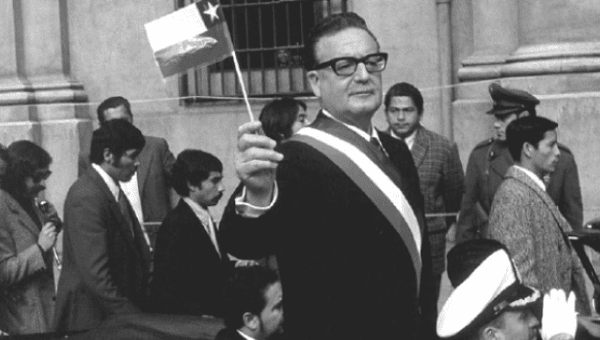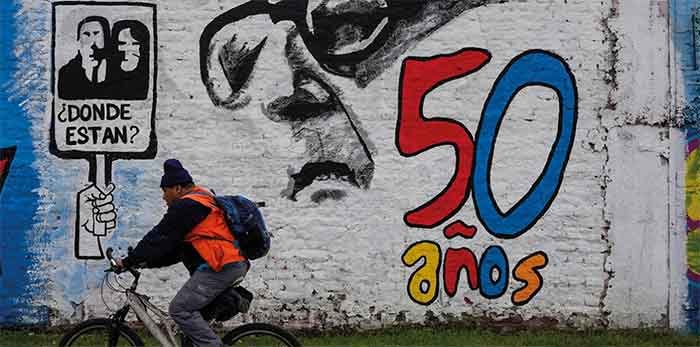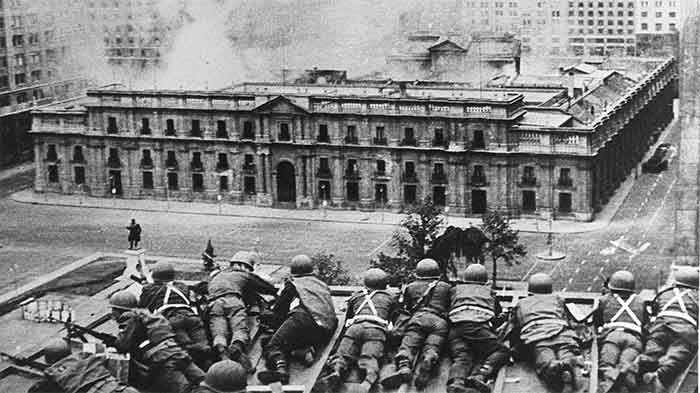
Marxists have come to power not always by the bullet; given the historical, political and social circumstances that they had to contend with, Lenin, Mao, Ho or Fidel had no choice but to pick up the gun in their quest for a new order. But the ballot has also come to the rescue of the occasional Marxist struggling for change. Obituary notices following the death twenty-five years ago of EMS Namboodiripad did not fail to mention, quite expectedly, the fact that he had headed the first freely elected Communist government when the people of Kerala voted it to power in 1957.
Its dismissal two years later had, according to many Malayalis, more to do with intrigues hatched by the Congress in New Delhi than the alleged incompetence of the Trivandrum regime. In this connection, it needs to be said that Jyoti Basu may have repeatedly led coalition governments headed by Marxists for more than two decades, but it was Kerala which showed the way much earlier when Communists were nowhere in the power picture in West Bengal.
Winning popular mandate by peaceful means is one thing, being allowed to govern in peace quite another. This was more than proved by the dismissal of the EMS ministry on fabricated grounds of failure to maintain law and order. Of course, all this is now history which may not be familiar or interesting to today’s young men and women, consumed as they are by attitudes and ambitions of a different nature.
The Kerala experience of democracy being throttled in the name of democracy and the rule of law has been repeated more than once in Latin America, only in far more brutal fashion. At the moment, people are gearing up all over the world to observe the fiftieth anniversary this year of, arguably, the most ghastly military coup to have taken place in the twentieth century.
In 1970, the Chilean people, disgusted with a long line of conservative and mediocre leaders who had exercised power more for their own benefit than for the masses, elected a physician-turned-public figure named Salvador Allende as the world’s first democratically elected Marxist head of state. But, as with EMS in Kerala, Allende was prevented from functioning in the manner he thought would be conducive to popular good.
Less than three years later, on September 11, 1973, Chile’s army chief, Pinochet, armed and aided in every other possible way by the CIA, crushed Allende’s Popular Unity Government and imposed a dictatorship that was to last for the next seventeen years. Allende was shot after his refusal to resign, although the Western media gave it out that the president had committed suicide unable to take the humiliation of being unseated. A stunned world helplessly watched thousands of Allendistas in the student community, in the trade unions, among miners and peasants, professionals, artists and intellectuals being openly shot or made to disappear; giving birth to a new word in the Spanish vocabulary, the desaparasidos.
To this day, no one knows what happened to many of those brilliant young men and women who showed the courage not to submit, reminiscent of the tragic fate of their counterparts in Calcutta and the smaller towns of West Bengal, Bihar, Andhra Pradesh and other provinces at about the same time.
Pablo Neruda, Chile’s Nobel-winning poet and the lyrical conscience of his people for almost half a century who was also assassinated in the coup, writes in his memoirs about Allende’s principles and his remarkable style of functioning thus: “Allende was never a great orator. And as a statesman he never took a step without consulting his advisers. He was the anti-dictator, the democrat of principles, even in the smallest of particulars … Allende was a collective leader; although not from the popular classes, he was a product of the struggle of those classes against the paralysis and corruption of their exploiters”.
The ‘exploiters’ Neruda mentions included the copper multinationals, Anaconda, Kennecott and Cerro. Allende was murdered and his experiments with truth, strangely reminiscent of Gandhi, prematurely ended because he dared to nationalize the principal wealth of Chile’s sub-soil: copper; but also for his radical agrarian reforms. An uncompromising democrat who lived and worked by the book of eternal verities, including the beauty of collective opinion, he and countless of his comrades were ended cold-bloodedly so that the juggernaut of foreign exploitation, aided by native agents in the bureaucracy, the political class and the media, could roll on unhindered.
Allende and Neruda have been dead for fifty years, but in the meantime, the obstinacy of memory has caused them to turn from flesh to phantom; “two of the dead who will never die”, as many a Chilean is wont to say even today.
Vidyarthy Chatterjee writes on cinema,society, and politics.












































